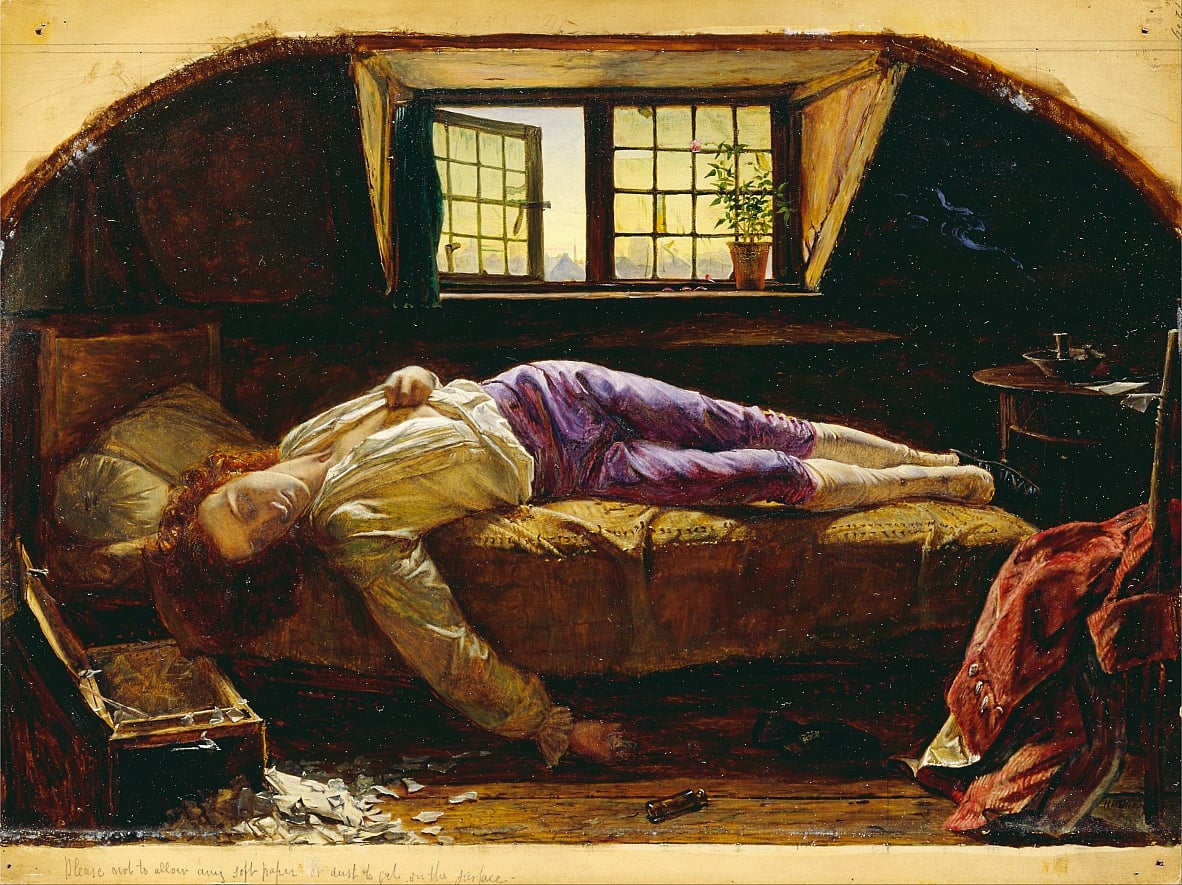Approaching Melbourne from the airport, the freeway seems to swoop down on the city from above. My car feels like a plane coming in to land . . .
I glimpse the dome of the Royal Exhibition Building among the twinkling high-rise offices. Rising above the others, the Eureka Tower stands a third of a kilometre high, lights flashing at its tip to warn aircraft away. Far to the right, dockland cranes stand like a row of giant mechanical horses. Beyond them, the ferry sits in the Port of Melbourne, preparing for that night’s voyage to Tasmania. Below the elevated freeway, rows of Victorian houses flash by with all the paraphernalia of suburbia, as I rush into the city’s embrace. The roofs are of corrugated iron, often with an an array of solar panels, but now and then I spy a Victorian house with its original slate roof. In a moment, I’m transported back to Wales when I was a child.
In the nineteenth century, ships sailed almost daily from Australia to England, packed with wool and ingots from the gold fields. On their way back, they carried tons of slate tiles as ballast, to sell in the building boom of gold rush Victoria. Within a few decades, Melbourne grew from a village to one of the largest cities in the world at the time. And all this slate on Australian roofs came from vast quarries in the mountains of north Wales where my mother’s family lived. In their village, almost every man worked in the slate quarry. The houses were built of slate. The church and all the chapels were made of slate – Calvinist, Methodist, Wesleyan – as many and various as pubs would be in an English village. Over their doors were names like Tabor, Siloh, Emanuel and Sion; names I assumed were Welsh until I realised they were dour reminders of the Old Testament. Garden walls and even fence-posts were made of slate. Day by day, my grandfather, too, was turning into slate. Like so many others who worked in the quarries, he was constantly inhaling tiny sharp needles of the stuff. They slowly shredded his lungs as surely as a cheese grater until, unable to breathe, he died before I was born. ‘Quarryman’s lung’ – silicosis – was a thing which was taken for granted. Perhaps going to chapel helped.
It was only my grandmother we visited when I was young, then, travelling from London on a journey that took all day. With a flask of tea and a biscuit tin full of lunch – egg sandwiches, slices of sponge cake, and an apple each – we set off through middle England. By the afternoon, we were in the borderlands, the Black Mountains rearing up ahead leaving no doubt that we were entering another country. By the time we arrived, it felt later than I had ever stayed up before. Carried by my father into the bright cottage kitchen, I drank a mug of hot milk by the glowing fire before being taken up to bed. I was four years-old. The long journey felt as though we had fled through Europe and crossed the Bosphorus in a single night.
It was early when I woke the next morning. I could sense the whole house was still asleep, as with a single, slow breathing. How boring to lie awake in bed, and besides I needed to pee. This required walking down to the slate sentry-box shaped loo at the bottom of the garden. Tucking the sheet around my teddy, I tip-toed down the curving wooden stairs in my Rupert Bear-patterned pyjamas. The wide grey kitchen flagstones were usually cold beneath my feet, but on this morning they were already warm from the low sun streaming in through the open door. At that moment, I saw my grandmother’s broad backside in the garden as she bent to collect eggs from the chicken coop, then stood to stretch before turning to come back inside.
Without thinking, I ducked under the kitchen table. From my hiding place, I watched my grandmother’s legs as she passed by to make a fire in the black-polished range, even as she left the door open to welcome the sunshine. Soon she would be calling upstairs, announcing that boiled eggs and buttered toast cut into soldiers would be on the table in ten minutes. In the meantime, though, we were alone, my grandmother and her silent, invisible watcher. She was a favourite of mine, sometimes winking and slipping me a liquorice allsort from her apron pocket when my parents weren’t watching.
‘If you were my boy, it would be a different story . . .’ she would growl when my mother forgave me some minor misdemeanour, like leaving the tea table without asking. It sounded like a threat but felt more like a promise. She had the family’s wide mouth, blue eyes, and an impressively large bust which I was always curious to touch but never did. I heard crackling as the dry kindling in the fireplace caught alight, and then the agreeable bubbling of eggs boiling in a saucepan. I could feel my full bladder ache to be released; there was something exciting about the contending urges to release and to hold it in. It was thrilling, too, to hide beneath the table and spy upon my grandmother as she walked back and forth.
She spent most of her life in this kitchen, humming to herself as she cooked and cleaned, punctuated regularly by a nice sit down for a cup of tea. A large parlour at the front of the cottage was only used when there was a visit from the vicar, doctor, or other eminent person of the village. That room was always cold. A clock ticked and rang the chimes of Big Ben on the hour. In the middle of the slate floor, a thin woollen rug was spread. Beneath the window, an ancient chaise longue of brittle, black leather bulged so much with its horsehair filling that I slid off it to the floor when I tried to sit. To the side, a cabinet of china supported an enormous Bible and a photograph of my grandmother and her husband on their wedding day. They were good-looking, even glamorous. They reminded me of Bonny and Clyde.
I heard footsteps upstairs. My parents were stirring. My secret watch would soon be over, I thought with regret. We would have breakfast then go out for the day. We would visit my cousins who lived in a similar cottage, a little further down the wooded valley. Seeing them only once or twice a year, I was never quite sure how many there were. Was it five or six? Some were teenagers, some my own age or younger. An older boy always seemed to be tinkering with a motor-bike, while the girls sat on a slate wall, swinging their bare legs and combing each other’s hair like stranded mermaids. I saw one of these girls a few years ago, aged in her forties and harrowed by multiple sclerosis. Too proud and stubborn to use a stick, she insisted on making her way across the room without help, gripping one chair-back after another for support. Behind her, back then as she combed her sister’s hair, the younger ones were hanging from the windows or standing knee-deep in the nearby river, fishing with cotton lines and jam-jars. The adventure of their lives filled me with envy. My own siblings had not yet been born, so I was still an only child. How nice it would be to have big sisters with long hair to cosset me. And brothers near my own age to fight and play soldiers.
And then I seemed to float from beneath the table and up into the air. My grandmother had known I was there all along. Now she scooped me up and held me as I flew around the room, squealing with delight before being embraced to her breast and throwing my arms around her neck.





My first memory is in Australia as a child wandering from the small flat my parents lived in next to my grandparents. My parents were both asleep and somehow I got out the front door and walked around past a stone wall to the back door and in through the kitchen where my grandfather would make me toast.
One very clear memory as a young mother is in Wales though. In Mid Glamorgan. I had my baby son on my lap and we were in a home not very different from your grandmother’s. My father-in-law slammed the grate closed of the coal fire and my son nearly jumped out of his skin. My father-in-law simply remarked, “Ah well now, there’s nothing wrong with his hearing.”